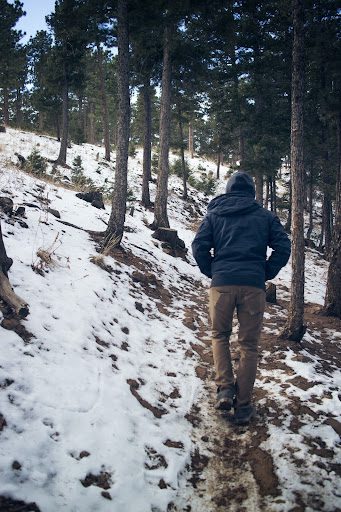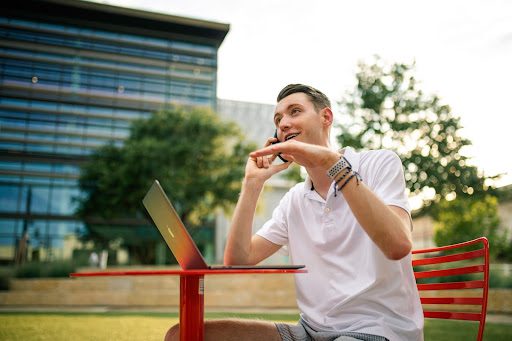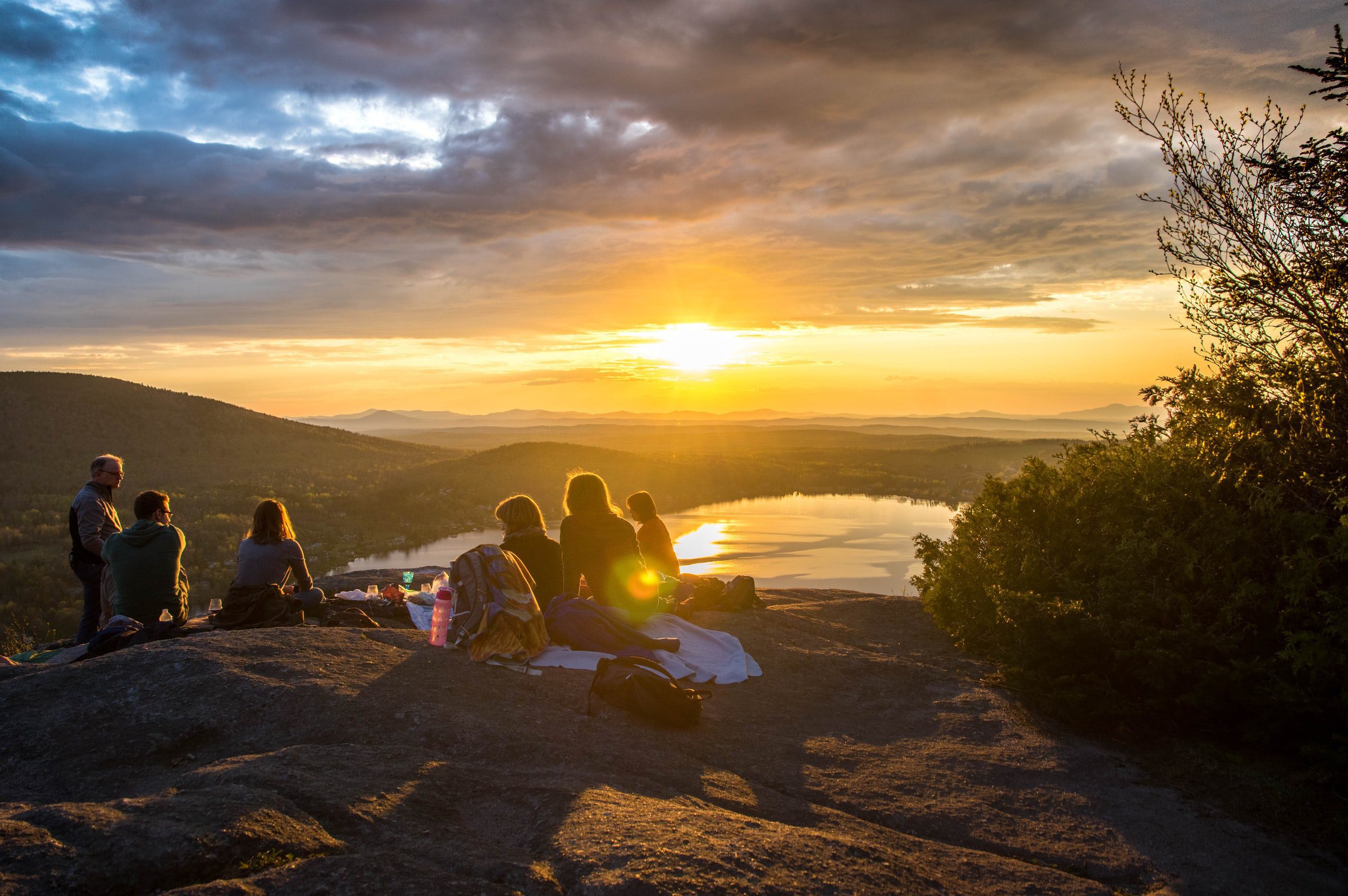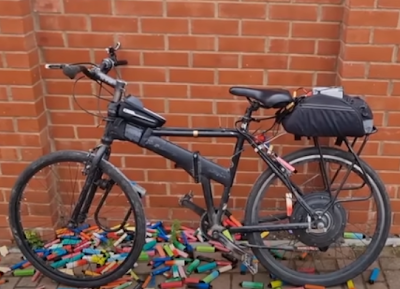Loneliness was already on the rise, especially in older adults, long before the pandemic challenged our notions of community with stay-at-home orders and social distancing. In 2018, nearly half of American adults reported they feel lonely. This underscores the importance of community in all of our lives. With alarming mental and physical health risks associated with loneliness, it’s now more important than ever to spend time with others.

During the pandemic, seven out of 10 adults say they have had trouble connecting with others: many report sadness, anxiety, and depression at greater levels than they had experienced prior to COVID-19.
Though the media often emphasizes health risks such as smoking, obesity, and poor diet, studies indicate that a lack of a social network is more harmful than any of these physical issues. In fact, loneliness contributes to a less effective immune system and a higher risk of heart attack, high blood pressure, stroke, and fragility – all adding up to an earlier death rate. Additionally, spending too much time alone complicates issues with dementia and cognitive awareness. In fact, lonely people are 50 percent more likely to die prematurely.
“This is a very real public health crisis,” said Lisa Marsh Ryerson, President of the AARP Foundation. “Decades of research on prolonged social isolation and loneliness [show it’s] worse for health than obesity and as damaging to health as smoking 15 cigarettes a day.”
There are many ways to combat loneliness. The first is to make a daily effort to stay connected to both friends and family, even if it’s just through phone calls. In addition, experts suggest staying connected with faith leaders, and even reaching out to say hello to neighbors (or even folks you interact with at the grocery store, bank, or gas station) even if you haven’t spoken with them before. Signing up as a volunteer in a community organization such as a food bank or animal shelter is a great way to meet new people. And if you’re somebody who has a good social system already in place, consider volunteering at retirement homes or veterans’ groups where your visits and check-ins can make a huge positive change in the life of an elderly adult.

There’s no scientific doubt that connecting with others makes you feel better physically and emotionally. Once you feel lonely, there’s a natural tendency to isolate yourself further. But remember it’s the quality of connections, not the quantity that matters most.
“Regardless of whether loneliness is increasing or remaining stable, we have lots of evidence that a significant portion of the population is affected by it,” says Julianne Holt-Lunstad, a psychology and neuroscience professor at Brigham Young University.
“Being connected to others socially is widely considered a fundamental human need—crucial to both well-being and survival.”
Feeling lonely? Here are some more tips to connect with your community. AARP’s Connect2Affect site also offers help.





